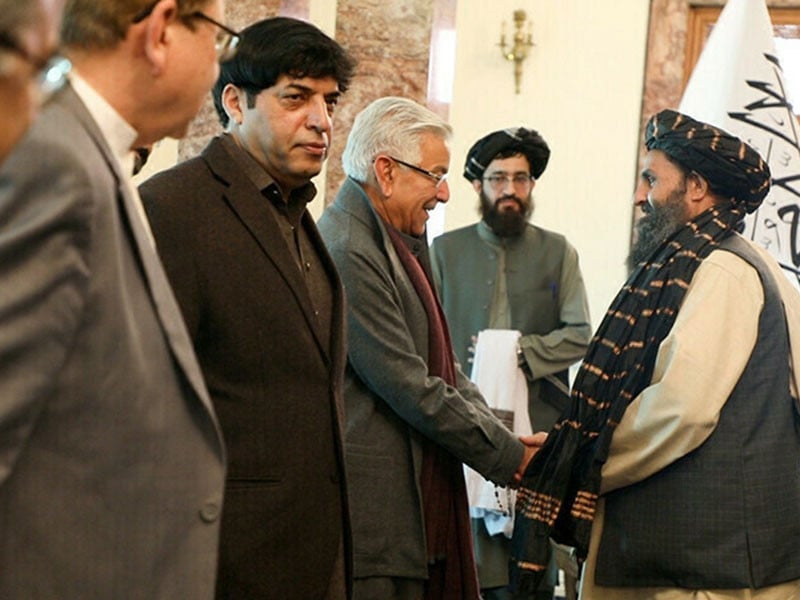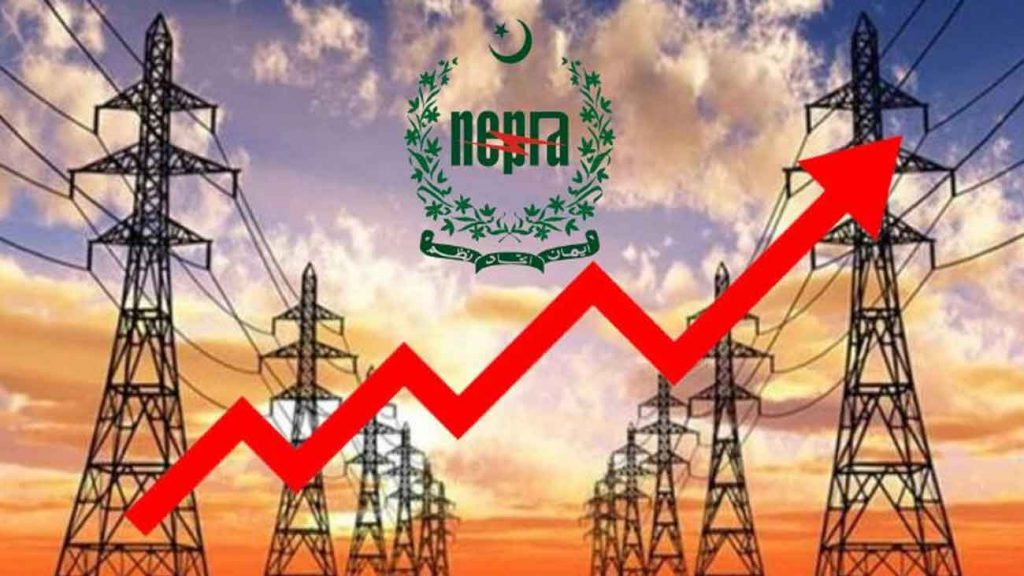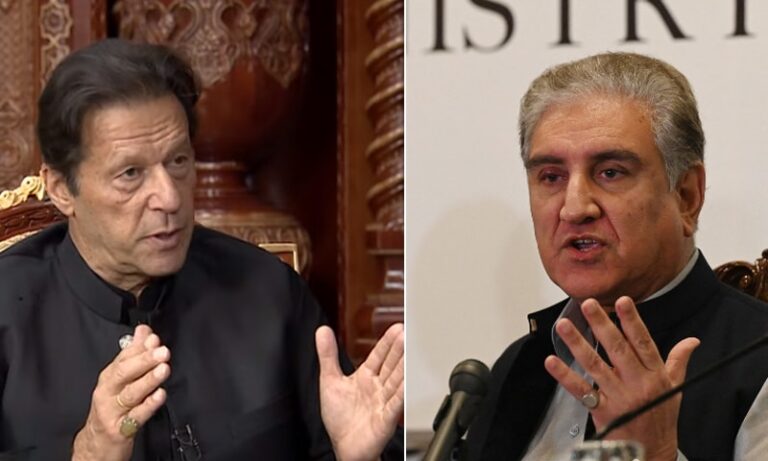Free and fair elections are not just a democratic nicety; they are the very foundation upon which a legitimate and effective government rests. The importance of an electoral mandate earned through genuine public participation cannot be overstated, as it underpins various crucial aspects of governance: When a government derives its power directly from the free will of the people, it enjoys a level of legitimacy unmatched by any other means. Citizens who have participated in the process, even if their preferred candidate didn’t win, are more likely to accept the outcome and respect the authority of the elected officials. This fosters trust and cooperation, which are essential for any government to function effectively.
Free and fair elections ensure that the government reflects the diverse views and interests within society. When a wide range of voices can compete for representation, policies are more likely to cater to the needs of the public as a whole. Additionally, the knowledge that they can be voted out in the next election holds elected officials accountable for their actions, encouraging them to govern responsibly and effectively.
Regular and credible elections offer a peaceful mechanism for transferring power between different political groups. This predictability reduces the risk of violence and instability, fostering a more peaceful and democratic society. In the absence of fair elections, discontent with the ruling party can lead to unrest and potentially even violent attempts to overthrow the government.
Free and fair elections are integral to protecting fundamental rights and freedoms. By allowing citizens to choose their representatives based on their beliefs and values, it safeguards freedom of expression, association, and assembly. Conversely, rigged elections or the suppression of opposition voices can create an environment where these rights are systematically violated. Regular participation in free and fair elections strengthens democratic values and civic engagement. When citizens believe their vote matters and that the process is genuinely fair, they are more likely to participate in public life, hold their elected officials accountable, and advocate for the causes they believe in. This active citizenry is crucial for a healthy and vibrant democracy.
Therefore, free and fair elections are not just about choosing leaders; they are about ensuring a government’s legitimacy, accountability, and responsiveness to the needs of the people. They are the cornerstone of a peaceful, stable, and prosperous society, laying the foundation for effective governance and the protection of fundamental rights. By upholding the integrity of the electoral process, we invest in the very future of democracy itself.
It is important to note that achieving and maintaining free and fair elections requires constant vigilance and effort from various stakeholders, including citizens, governments, and independent institutions.
Please, subscribe to the YouTube channel of republicpolicy.com

















































